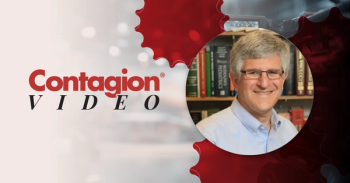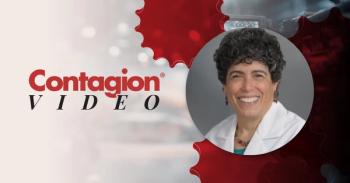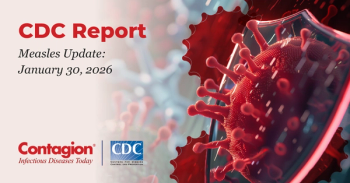
Pfizer-BioNTech COVID-19 Vaccine Achieves 100% Effectiveness in Adolescents
The newest data for the real-world assessment show the mRNA vaccine provides greater immunogenicity in persons aged 12-15 years old than in young adults.
Pfizer-BioNTech
The new findings from an ongoing, placebo-controlled, observer-blinded assessment of the mRNA vaccine in adolescent patients suggest BNT162b2 provides an even greater immune response in the population than that observed in vaccinated young adults.
Led by Robert W. Frenck, Jr., MD, of the Cincinnati Children’s Hospital, the C4591001 Clinical Trial Group sought to observe the first emergency-authorized US COVID-19 vaccine in the adolescent population.
As they noted, the demographic is key toward the nation’s pursuit of majority protection from COVID-19 severity, as well as herd immunity. The US Food and Drug Administration (FDA) emergency use authorization (EUA) for BNT162b2
“Although children and adolescents generally have milder COVID-19 than adults, severe illness can occur in this population, especially in those with underlying medical conditions,” they wrote. “Adolescents may play an important role in SARS-CoV-2 transmission. Thus, their vaccination may prevent disease and contribute to herd immunity.”
What’s more, this group is paramount for COVID-19 protection due to their need for in-person education and socialization at developmental stages of their lives.
Frenck and colleagues randomly assigned real-world participants 1:1 to receive 2 injections 21 days apart of either 30 mcg BNT162b2 vaccine, or placebo. They sought noninferiority of immune response to vaccination in the 12 to 15-year old population to that previously observed in participants aged 16 to 25 years old.
Reactogenicity and adverse events were observed to inform vaccine safety in the population, and efficacy was informed by confirmed COVID-19 onset ≥7 days after the second dose.
Their population included 2260 adolescents; 1131 received BNT162b2, and 1129 received placebo.
Investigators found a favorable safety and adverse event profile in vaccinated persons, with injection site pain (86%), fatigue (66%), and headache (65%) being prevalent, but not severe vaccine-related events being observed.
Geometric mean ratio of SARS-CoV-2 50% neutralizing titers after the second dose in adolescent participants, relative to participants aged 16 to 25 years old, was 1.76 (95% CI, 1.47 – 2.10), exceeding the noninferiority criterion and indicating a greater immune response.
In the participants without evidence of prior SARS-CoV-2 infection, no COVID-19 cases were observed ≥7 days after the second dose of BNT162b2, versus 16 cases observed in placebo recipients—indicating a vaccine efficacy of 100% (95% CI, 75.3 – 100).
Frenck and colleagues noted that the lower limit of the confidence interval for vaccine efficacy (75.3%) provides “substantial evidence of efficacy,” consistent with that observed in vaccinated persons ≥16 years old.
“Although BNT162b2 is a two-dose regimen, early protection after a single dose has been reported in clinical trials and on the basis of real-world data,” they wrote. “It is reassuring that early protection is also observed in this age group, given the important public health implications for pandemic control.”
Further assessment of this population includes asymptomatic SARS-CoV-2 infection or transmission and is ongoing; in the meanwhile, the continued age group success with BNT162b2 vaccination leads investigators to consider the next in-need populations: younger children, and pregnant women.
Newsletter
Stay ahead of emerging infectious disease threats with expert insights and breaking research. Subscribe now to get updates delivered straight to your inbox.

































































































































